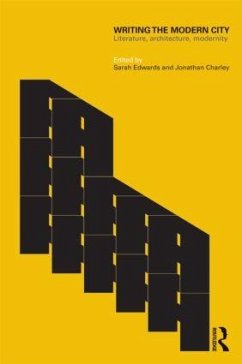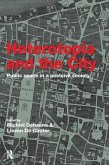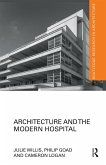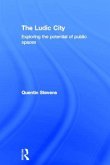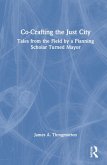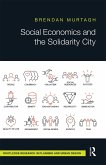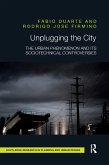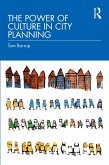Literary texts and buildings have always represented space, narrated cultural and political values, and functioned as sites of personal and collective identity. In the twentieth century, new forms of narrative have represented cultural modernity, political idealism and architectural innovation. Writing the Modern City explores the diverse and fascinating relationships between literature, architecture and modernity and considers how they have shaped the world today. This collection of thirteen original essays examines the ways in which literature and architecture have shaped a range of recognisably 'modern' identities. It focuses on the cultural connections between prose narratives - the novel, short stories, autobiography, crime and science fiction - and a range of urban environments, from the city apartment and river to the colonial house and the utopian city. It explores how the themes of memory, nation and identity have been represented in both literary and architectural works in the aftermath of early twentieth-century conflict; how the cultural movements of modernism and postmodernism have affected notions of canonicity and genre in the creation of books and buildings; and how and why literary and architectural narratives are influenced by each other's formal properties and styles. The book breaks new ground in its exclusive focus on modern narrative and urban space. The essays examine texts and spaces that have both unsettled traditional definitions of literature and architecture and reflected and shaped modern identities: sexual, domestic, professional and national. It is essential reading for students and researchers of literature, cultural studies, cultural geography, art history and architectural history.
Hinweis: Dieser Artikel kann nur an eine deutsche Lieferadresse ausgeliefert werden.
Hinweis: Dieser Artikel kann nur an eine deutsche Lieferadresse ausgeliefert werden.

